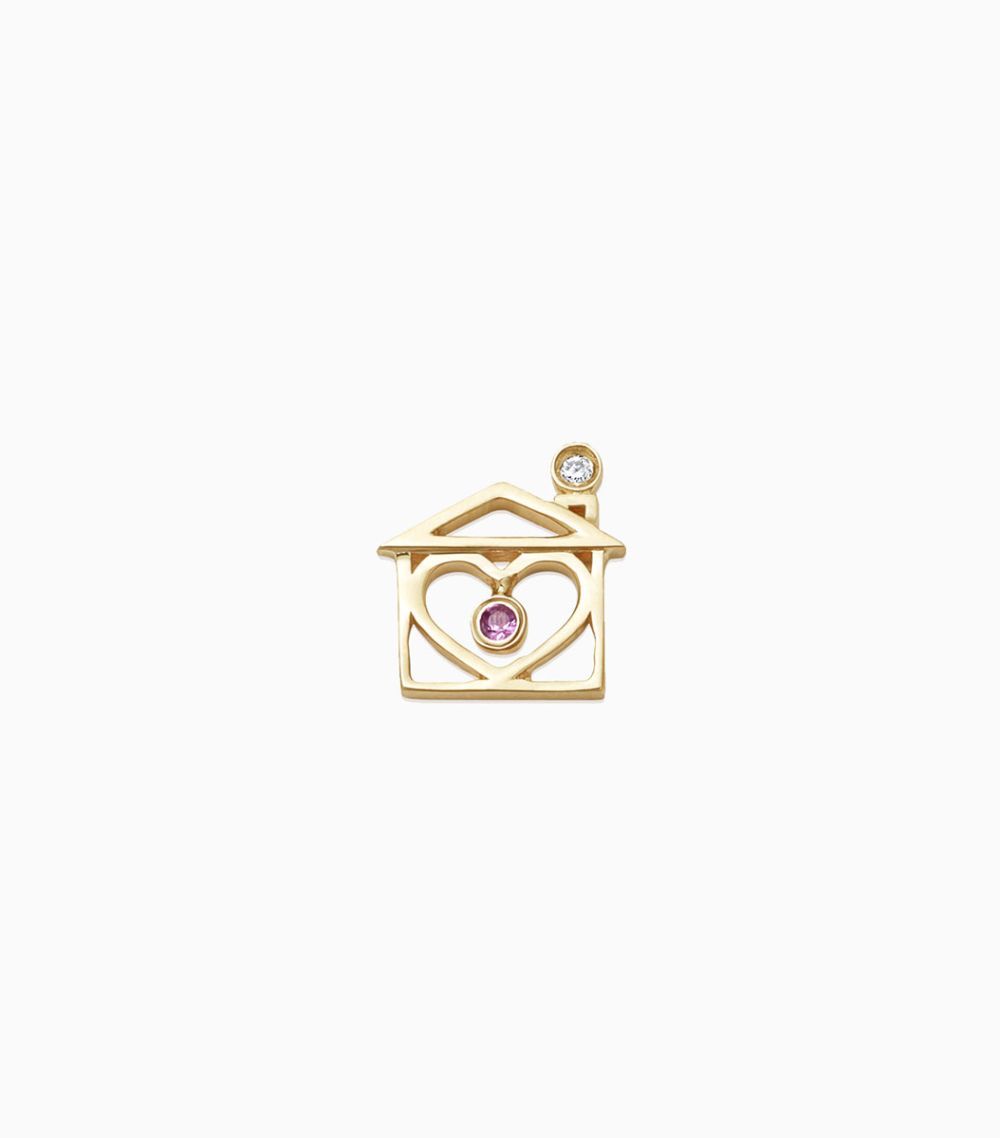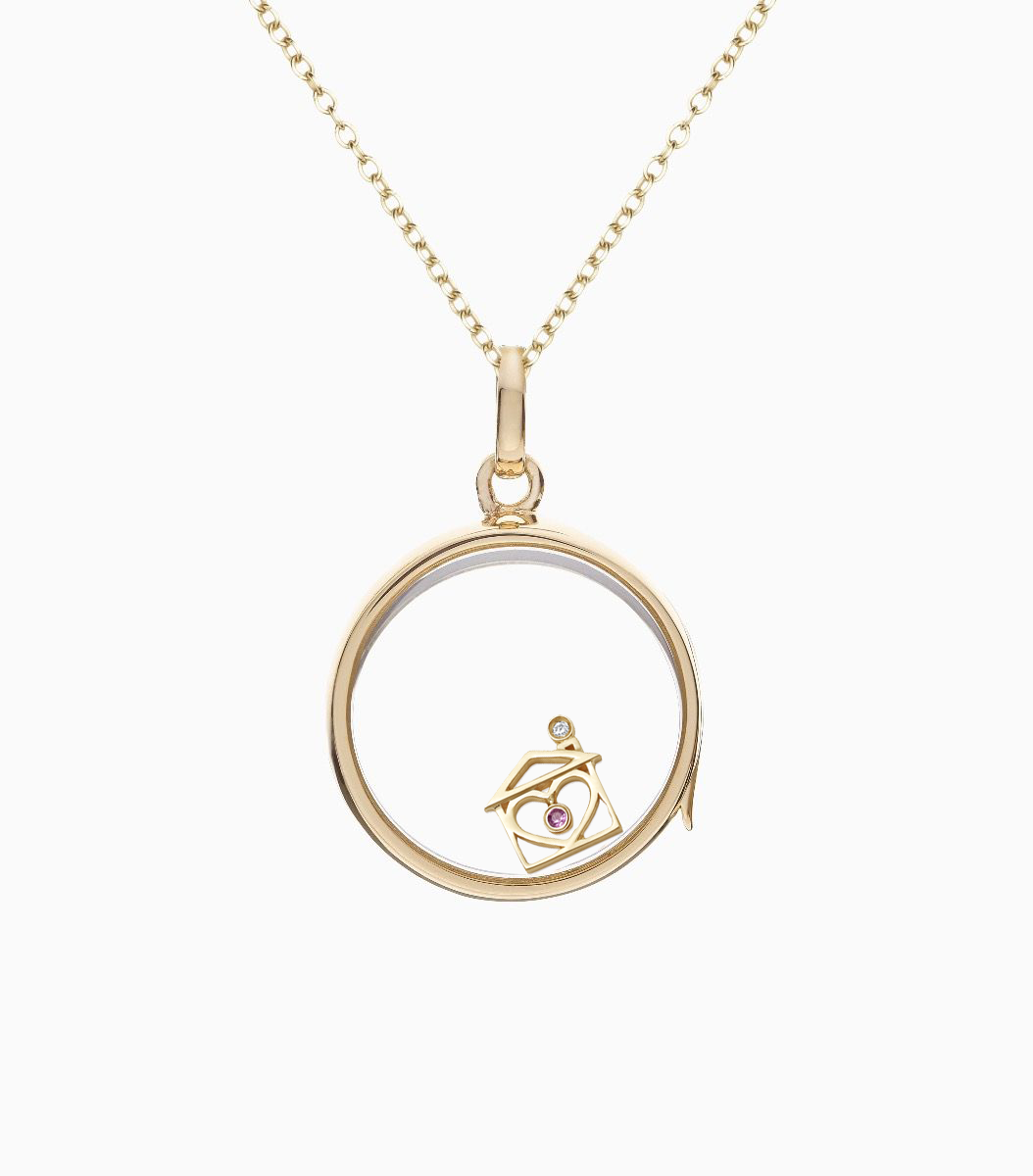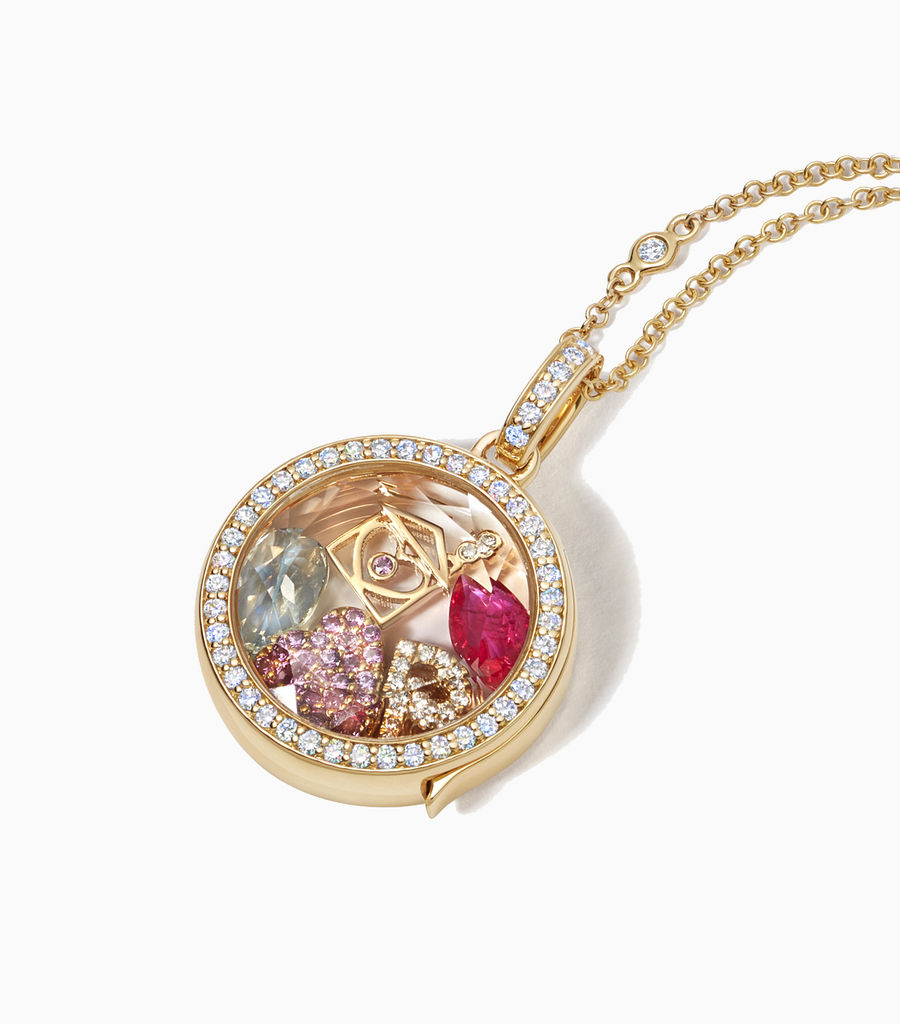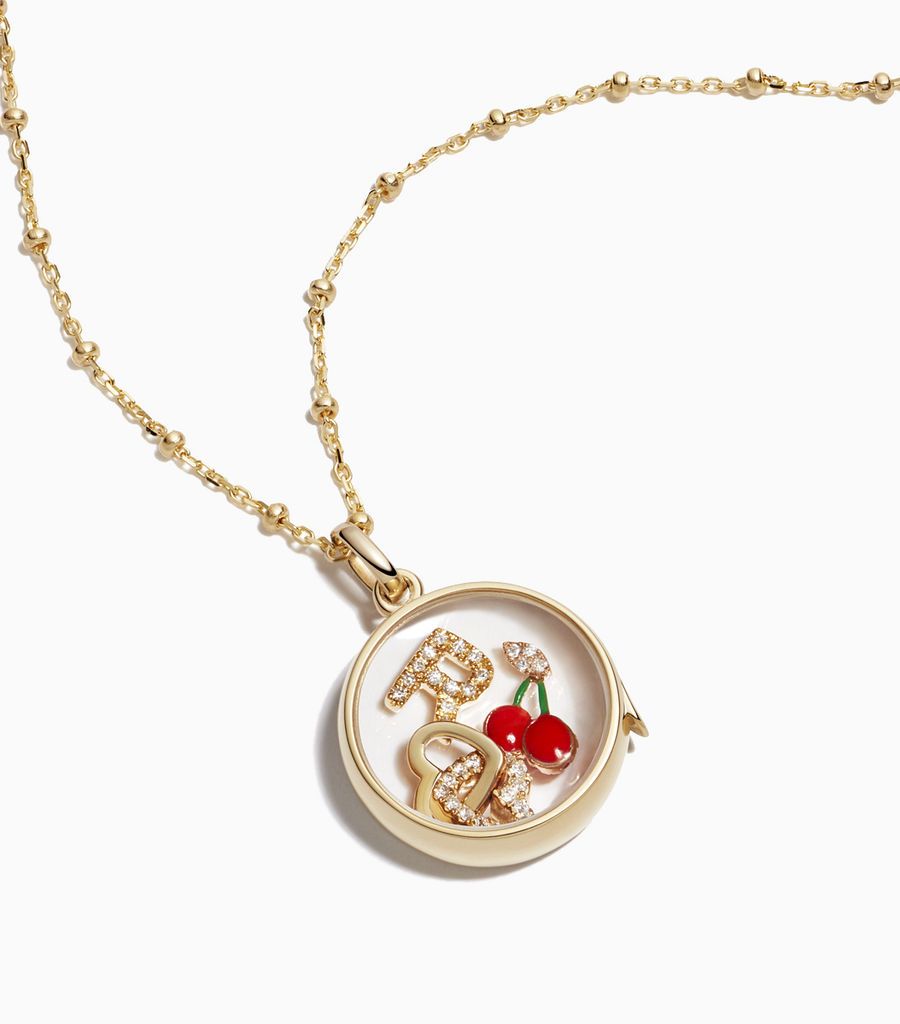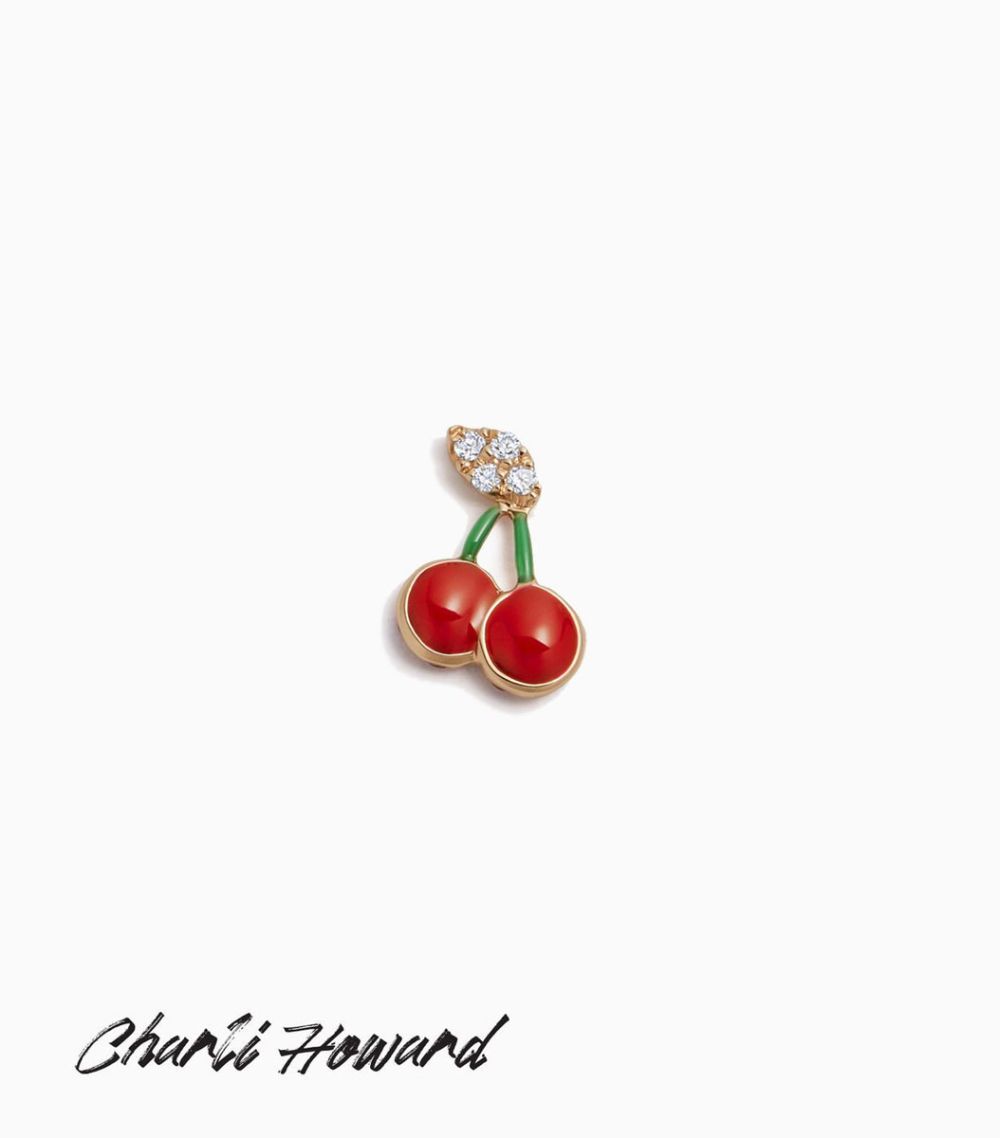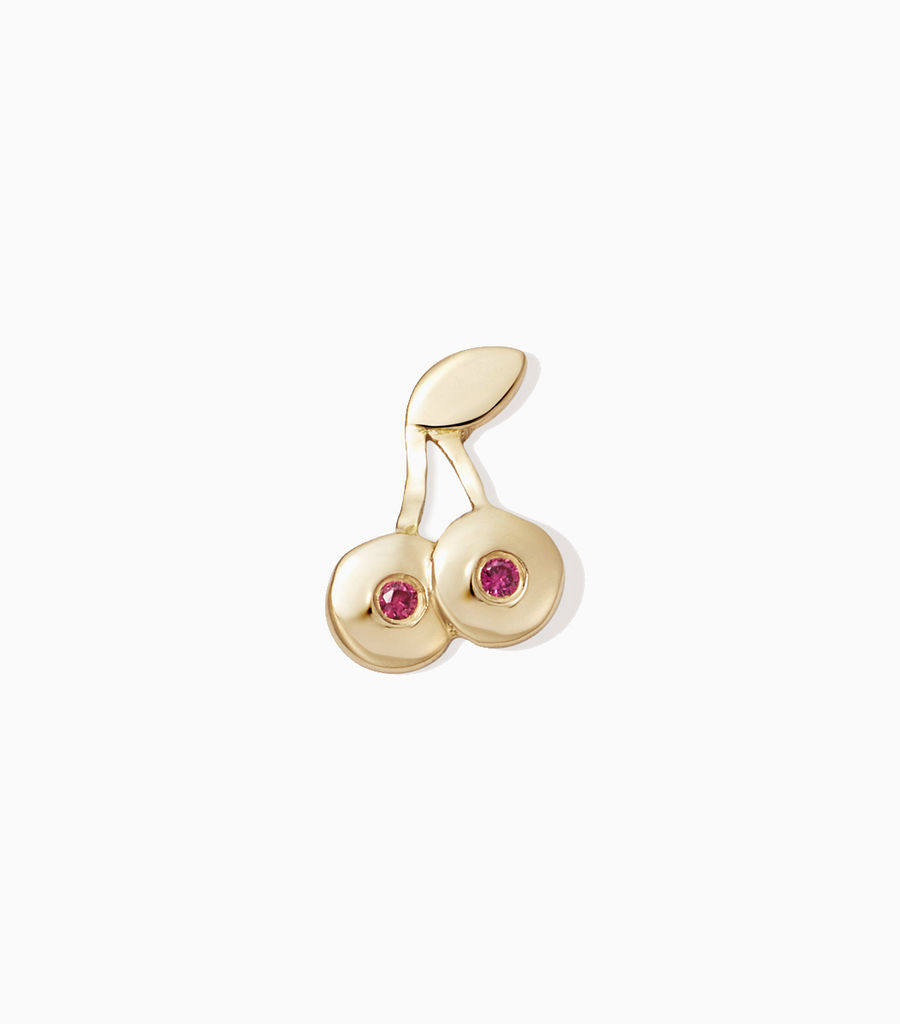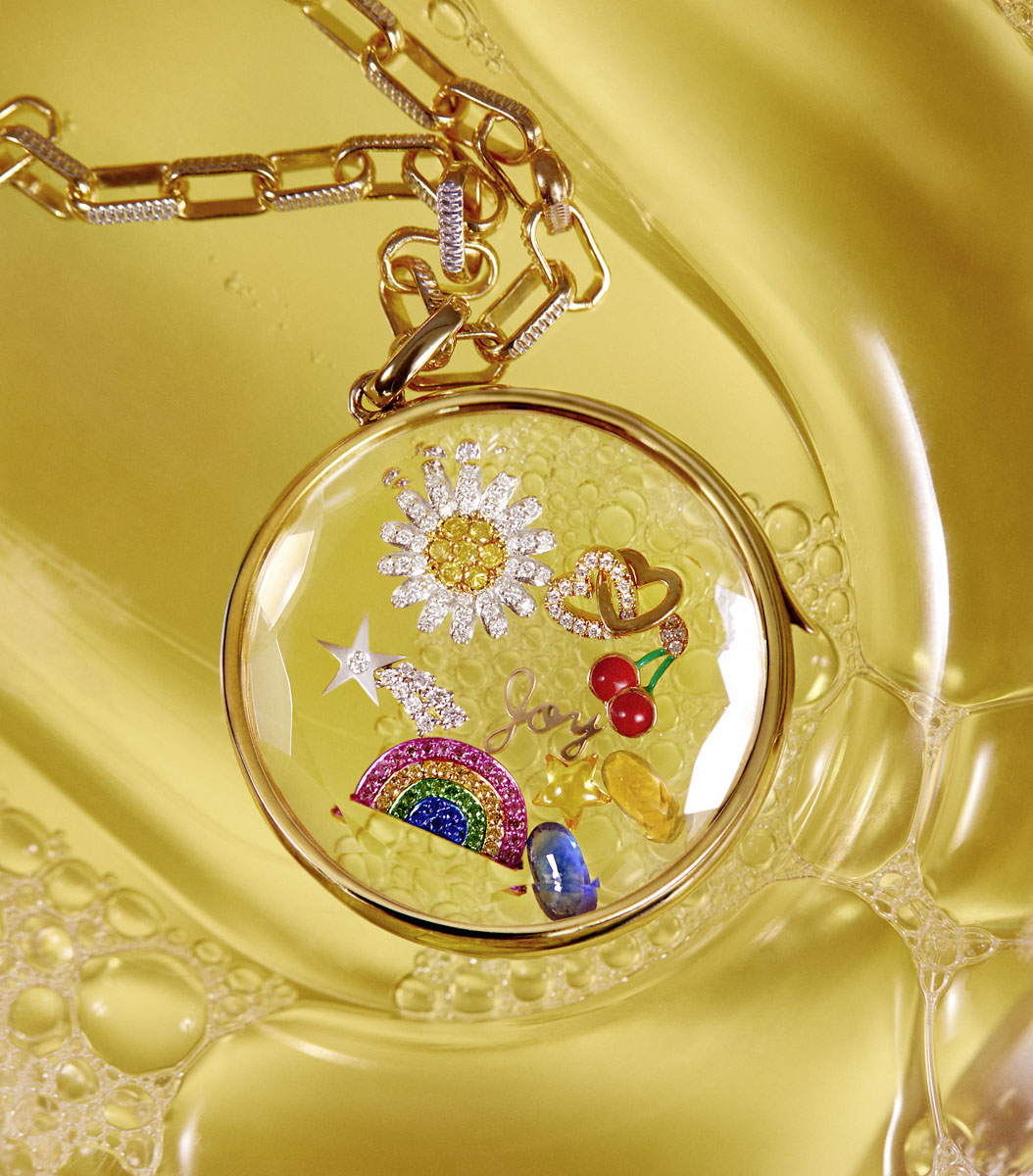
IN THE KITCHEN
It's a rare memory that doesn't feature food. Childhood sticky with the drip of jam on chin and fingers; teenage nights out, then back round your mum's kitchen table; the first – disgusting – meal cooked in your – disgusting – halls of residence. The first dinner cooked for you by a lover (followed by breakfast shortly after). Tea and toast brought by a midwife ten minutes after your baby's been born. Pizza and beer surrounded by boxes, the night of a new home.
What could be more compelling then than a book of essays by thirteen contemporary writers charting their partial, personal histories via recollections of their own culinary adventures. From Rachel Roddy, a catalogue of all the cookers she's ever owned or cooked on; from Joel Golby an ode to the buffet; Rebecca May Johnson has a feminist awakening of sorts, via Mrs Flax's finger foods in 1990's Mermaids (with – glory! - Cher playing Mrs Flax); while Daisy Johnson recognises the power of ritual in the cementing of love.
There's a great deal of warmth and heart to be found here – and absolutely buckets of nostalgia (but to no detriment). As Johnson writes: 'Food is meaningful and symbolic and superstitious.' Now - in these strange, continuing, home-bound times - more than ever.


BABETTE'S FEAST
There is much to admire in Gabriel Axel's Babette's Feast. Unfolding with economy, grace and subtlety, the lonely wildness of the Danish coastline, and the sombre navy and greys of its palette – so soothing, so Scandinavian - ground the tale's folklorishness and provide the perfect foil for the little slice of heaven that shimmers at the end.
What I liked best though were the women. The narrator, whose lovely voice seems to speak for Isak Dinesen the famous Danish author on whose short story the adaptation is based; the two sisters, pious and beautiful, an unquenchable light in their eyes despite their apparently meagre lives; and Babette, on whom the whole tale pivots, undaunted by the turn her life has taken, serene and confident, clothed in humility, strong and completely secure.
Watched one dreary autumn morning, wrapped in a duvet, heart slightly heavy in the middle of an obligatory period of self isolation, the film's core, that of humanity, connection, hope even in the face of regret, and most notably, the simple and divine pleasures of food and true artistry, is a balm.

LOVE AFTER LOVE
The time will come
when, with elation,
you will greet yourself arriving
at your own door, in your own mirror,
and each with a smile at the other's welcome
and say, sit here. Eat
You will love again the stranger who was yourself.
Give wine. Give bread. Give back your heart
to itself, to the stranger who has loved you
all your life, whom you ignored
for another, who knows you by heart.
Take down the love letters from the bookshelf
the photographs, the desperate notes,
peel your own image from the mirror.
Sit. Feast on your life.
- Derek Walcott












































